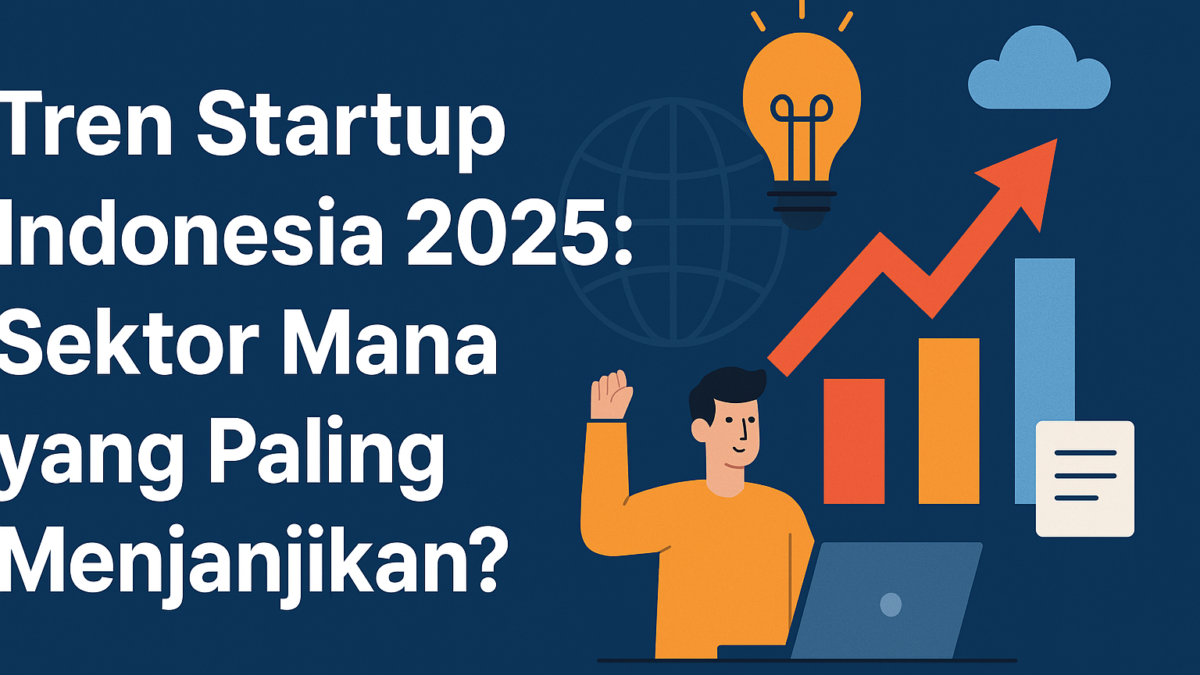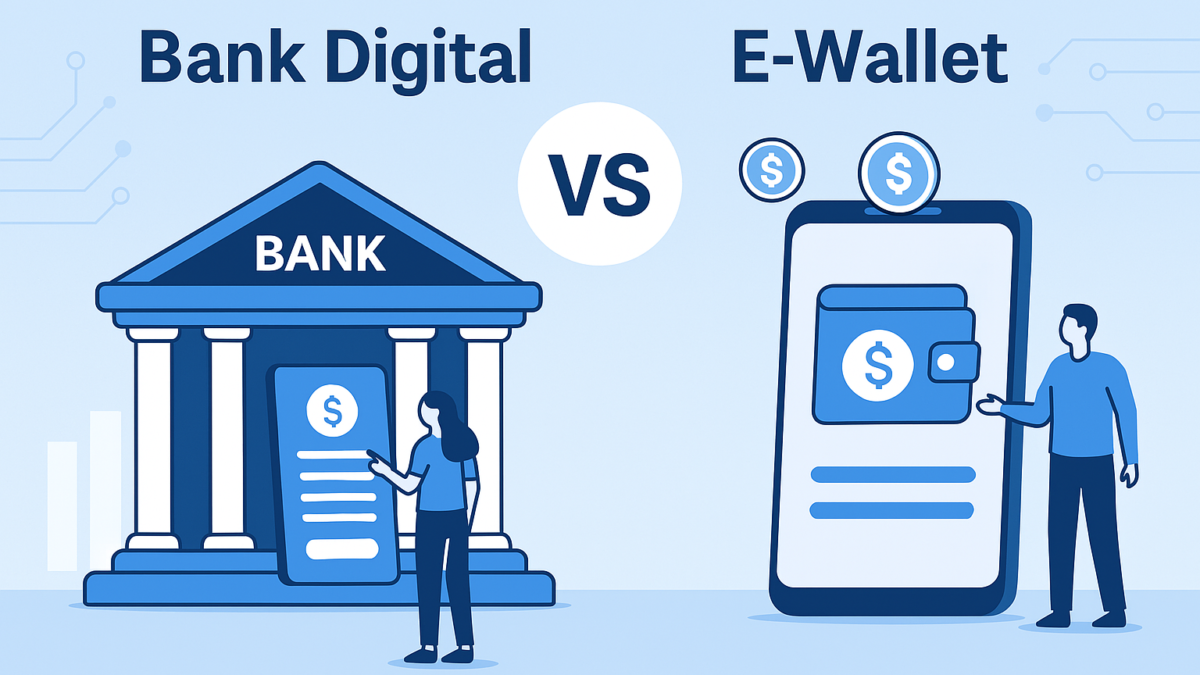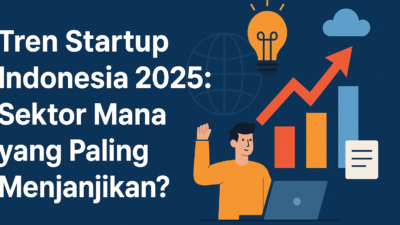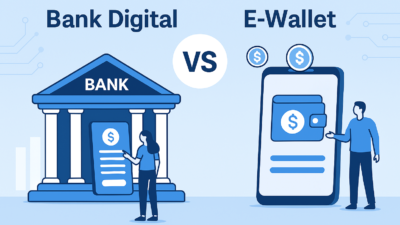
In today’s digital era, the explosion of big data has transformed industries worldwide, and personal finance management is no exception. Big data refers to the vast, complex datasets generated from various sources, such as online transactions, social media interactions, IoT devices, and more. When harnessed effectively, big data can empower individuals to take control of their financial lives, make informed decisions, and achieve long-term financial goals.
This article explores the profound impact of big data on personal finance, the tools driving this transformation, and how you can leverage data to enhance your financial health.
1. Understanding Big Data in Personal Finance
Big data is characterized by three Vs: volume, velocity, and variety. In the context of personal finance, it encompasses data from:
- Banking transactions: Spending habits, account balances, loan payments.
- Investment portfolios: Stock trades, mutual funds, and ETFs.
- Consumer behavior: Online shopping, subscriptions, and payment trends.
- Social media and public data: Reviews, recommendations, and financial sentiment analysis.
Financial institutions, fintech companies, and personal finance apps analyze this data to offer tailored solutions and insights, enabling users to optimize their finances.
2. How Big Data Transforms Personal Finance Management
a. Personalized Budgeting and Expense Tracking
Big data powers sophisticated algorithms that track spending patterns, categorize expenses, and provide personalized recommendations for saving money.
- Example: Apps like Mint and YNAB analyze your transaction history to create customized budgets and spending reports.
- Benefit: Improved awareness of financial habits, enabling better control over daily expenses.
b. Investment Optimization
Robo-advisors leverage big data to offer tailored investment strategies based on an individual’s risk tolerance, goals, and market trends.
- Example: Wealthfront and Betterment use predictive analytics to rebalance portfolios and minimize tax liabilities.
- Benefit: Access to professional-grade investment advice at a fraction of the cost.
c. Credit Scoring with Alternative Data
Traditional credit scores often exclude individuals without formal credit histories. Big data incorporates alternative metrics, such as utility payments and social media activity, to assess creditworthiness.
- Example: Companies like Tala use mobile phone data to provide instant loans to underserved populations.
- Benefit: Expanded access to credit for underbanked individuals.
d. Fraud Detection and Prevention
Big data helps identify unusual transaction patterns and flag potential fraud in real time, enhancing security for consumers.
- Example: Banks use AI-driven fraud detection systems to monitor account activity and alert users of suspicious behavior.
- Benefit: Increased trust and safety in financial transactions.
e. Financial Goal Tracking
Apps and platforms analyze financial data to help users set and achieve specific goals, such as saving for a house, retirement, or vacation.
- Example: Digit automatically saves money based on an analysis of your income and spending patterns.
- Benefit: Simplified goal-setting and automated saving processes.
3. Tools and Technologies Driving Big Data in Personal Finance
Several technologies enable the effective use of big data in personal finance:
a. Artificial Intelligence (AI) and Machine Learning (ML)
AI and ML analyze complex datasets to uncover insights, predict trends, and personalize recommendations.
b. Blockchain Technology
Blockchain ensures secure, transparent, and tamper-proof financial transactions, enhancing trust and data integrity.
c. Cloud Computing
Cloud platforms store and process massive datasets, making real-time analysis and insights accessible to financial service providers.
d. APIs (Application Programming Interfaces)
APIs enable seamless data exchange between banks, fintech companies, and personal finance apps, fostering innovation and collaboration.
4. Benefits of Big Data in Personal Finance
a. Enhanced Financial Literacy
Big data simplifies complex financial information, helping users understand their finances and make informed decisions.
b. Better Financial Planning
Data-driven insights allow users to anticipate future expenses, manage debt, and plan for significant life events.
c. Increased Accessibility
Alternative credit scoring and personalized services democratize access to financial tools and resources, benefiting underserved populations.
d. Time and Cost Efficiency
Automated tools reduce the time spent on manual budgeting, tracking, and investing, freeing up resources for other priorities.
5. Challenges of Big Data in Personal Finance
While big data offers immense potential, it also presents several challenges:
a. Data Privacy and Security
The collection and analysis of personal financial data raise concerns about privacy breaches and unauthorized use.
- Solution: Companies must adhere to strict data protection regulations, such as GDPR and CCPA, and invest in robust cybersecurity measures.
b. Information Overload
Too much data can overwhelm users, making it difficult to identify actionable insights.
- Solution: Tools should focus on delivering concise, relevant, and easily digestible insights.
c. Bias in Algorithms
Improperly trained algorithms may reinforce biases, leading to unfair outcomes in credit scoring or investment recommendations.
- Solution: Developers must ensure diverse and representative datasets to minimize bias.
6. Future of Big Data in Personal Finance
The role of big data in personal finance is set to grow, with emerging trends shaping its future:
a. Hyper-Personalization
AI-driven tools will offer increasingly tailored financial advice, considering unique user preferences and real-time market conditions.
b. Integration with IoT Devices
Smart devices will provide additional data points, such as energy consumption and commuting patterns, to optimize financial planning.
c. Sustainability Metrics
Big data will empower consumers to track and improve the environmental impact of their spending and investments.
d. Gamification
Interactive, game-like features will make financial management more engaging, encouraging users to meet savings and investment goals.
Conclusion
Big data is revolutionizing personal finance management, empowering individuals with tools and insights to take control of their financial futures. From budgeting and investing to fraud prevention and credit access, data-driven solutions are making personal finance more accessible, efficient, and secure.
However, users must remain vigilant about data privacy and choose trustworthy platforms to ensure their financial information is protected. As technology continues to evolve, the integration of big data in personal finance will unlock even greater possibilities, helping individuals achieve their goals with confidence and ease.















